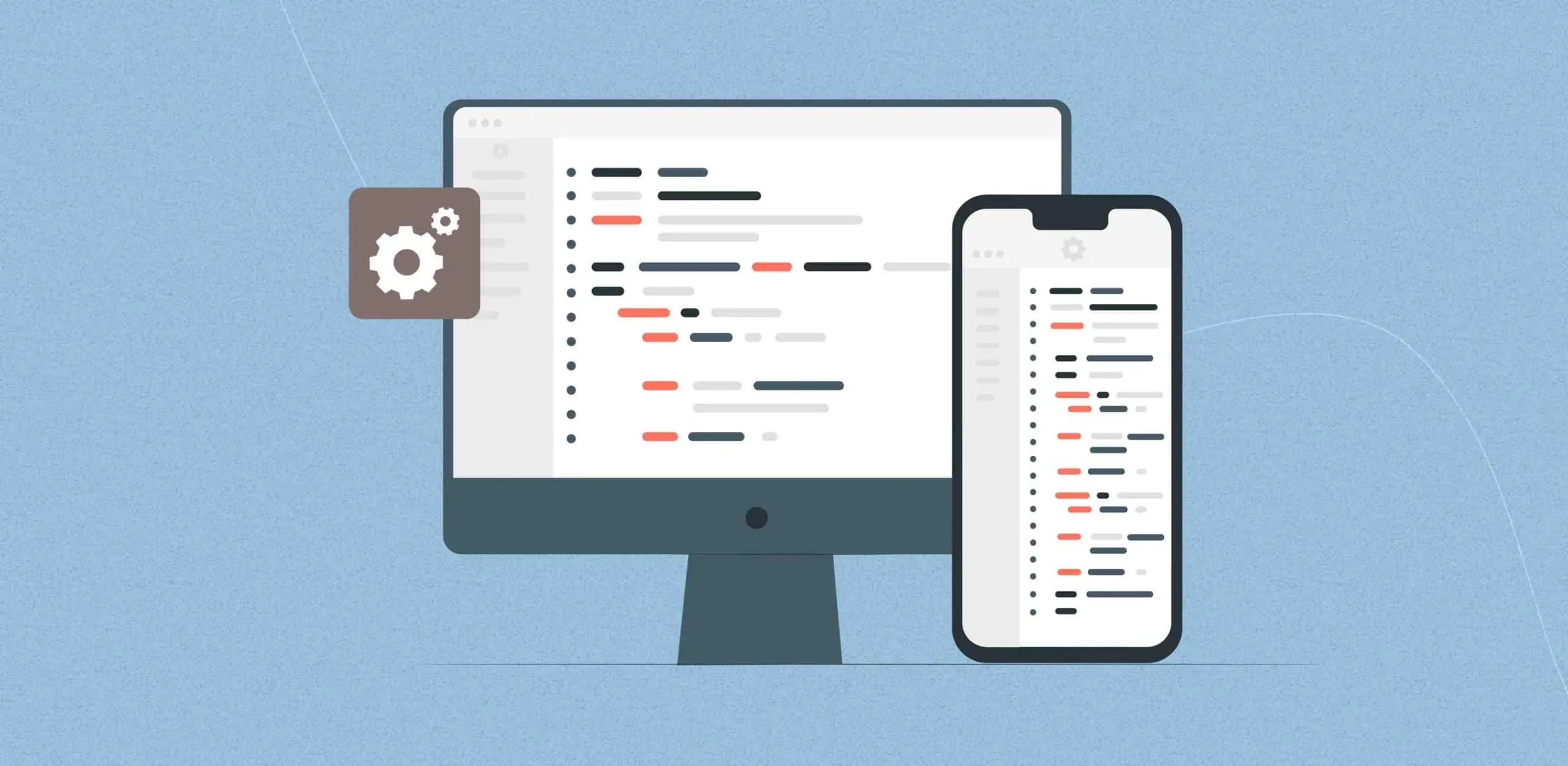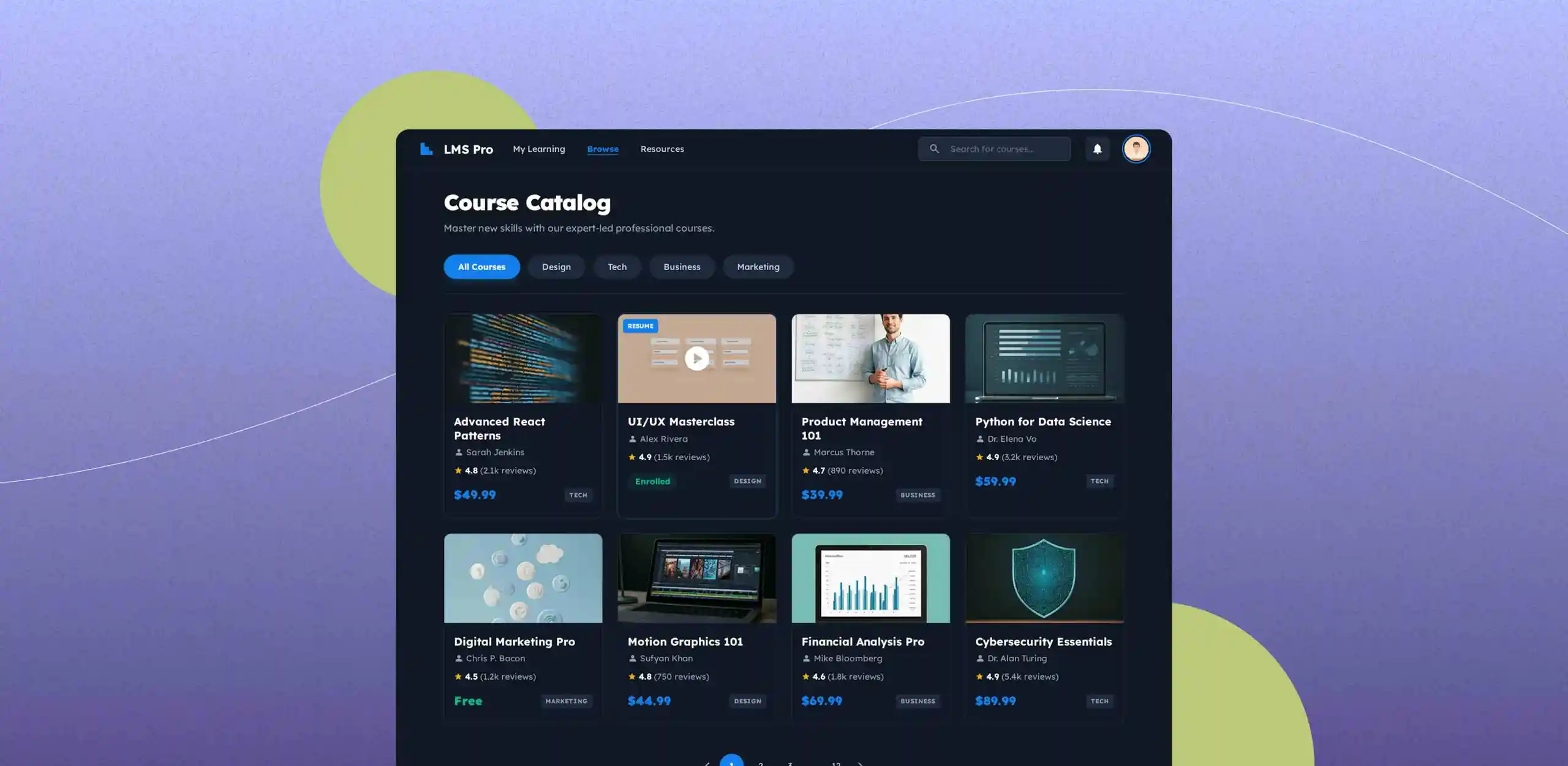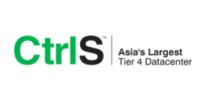Introduction
Custom Telemedicine App Development company selection has become a strategic priority in 2025 as healthcare delivery shifts rapidly toward virtual care. With the rise of digital health, custom telemedicine applications are transforming how patients connect with providers—enabling secure remote consultations, real-time diagnostics, and digital prescriptions from anywhere.
As demand for telehealth solutions grows, healthcare organizations, startups, and providers must partner with the right development team to create tailored, compliant, and scalable platforms. But with countless telemedicine app developers offering a range of services, identifying the best fit can be challenging. This comprehensive guide will walk you through everything you need to know to choose a telemedicine app development partner that meets your functional, regulatory, and business requirements.
Why Custom Telemedicine App Development Matters?
In the rapidly evolving healthcare landscape, not all telemedicine solutions are created equal. While off-the-shelf platforms may offer a quick launch and basic features, they often fail to address the nuanced requirements of different healthcare organizations. These limitations can hinder scalability, compromise patient experience, and pose serious compliance risks. That’s where investing in a custom telemedicine app development company proves invaluable.
Here’s why a custom approach to telemedicine app development is a smarter, future-ready investment:
Tailored to Your Workflow
Every healthcare organization—whether it’s a hospital, clinic, or private practice—operates with unique workflows, systems, and care protocols. Off-the-shelf apps typically offer rigid feature sets that may not align with how your teams operate.
Custom-built telemedicine apps can be seamlessly integrated with your existing infrastructure, including:
- Hospital Information Systems (HIS)
- Electronic Health Records (EHRs)
- Customer Relationship Management (CRM) tools
- Lab and pharmacy systems
This integration ensures uninterrupted data exchange across platforms, eliminates manual entry errors, and streamlines the entire care process—from scheduling to follow-ups. The result is a smoother experience for both clinicians and patients.
Compliance and Security
In healthcare, data privacy isn’t just a best practice—it’s the law. Many generic platforms lack robust security protocols or are not designed with region-specific regulatory compliance in mind. For instance, U.S.-based organizations must strictly adhere to HIPAA regulations, while global platforms may also need to comply with GDPR, PIPEDA, or other regional laws.
A custom healthcare solution gives you control over data handling, storage, and encryption protocols. Your development team can build:
- End-to-end encryption for video, audio, and chat
- Secure user authentication with multi-factor options
- Role-based access controls
- Automated audit trails
- Encrypted data backups and disaster recovery systems
Choosing a partner experienced in HIPAA-compliant telemedicine apps ensures that patient data remains safe and that your app passes legal scrutiny without risk of fines or breaches.
Competitive Advantage
In a saturated telehealth market, your application needs to stand out—not blend in. Custom telemedicine app development allows you to design features and user interfaces that reflect your brand identity and cater specifically to your target audience.
You can introduce innovations such as:
- AI-powered symptom checkers
- Custom triage systems
- Behavioral health modules
- Voice-command functionality
- Multi-language and accessibility support
These tailored features not only improve patient satisfaction and engagement but also build loyalty and distinguish your services from competitors. A custom solution becomes a powerful brand asset—not just a functional tool.
Scalability
As your practice grows or regulations change, your app must be able to evolve without costly overhauls. Off-the-shelf platforms often restrict scalability, making it difficult to add features, accommodate more users, or integrate with new tools.
Custom apps are built with future growth in mind. You can:
- Add new modules (e.g., mental health, chronic care, diagnostics)
- Scale infrastructure to support a larger user base
- Implement third-party APIs as new partnerships develop
- Transition to advanced technologies such as machine learning or IoT integrations
By choosing a modular architecture and working with an experienced telemedicine app development services provider, you ensure that your application is flexible enough to support your long-term business strategy.
Read to know how Telemedicine App Development Companies are transforming healthcare in India.
Looking for a HIPAA-compliant telehealth solution? Let’s create a secure, scalable platform tailored to your practice.
Key Features to Include in a Telemedicine Application
When choosing a custom telemedicine app development company, it’s crucial to ensure the app is built with features that prioritize user experience, clinical efficiency, and regulatory compliance. A well-designed telemedicine platform is more than just a video call—it’s a complete virtual care ecosystem.
Below are the essential features that modern telemedicine applications must include to stay competitive with solutions provided by top telemedicine development companies:
Secure Video & Audio Calls
At the core of any telemedicine platform is the ability to conduct real-time consultations. The app must support high-quality, low-latency video and audio calls that are end-to-end encrypted, ensuring patient privacy and compliance with regulations like HIPAA and GDPR.
- Doctors can assess symptoms visually and audibly.
- Patients receive care from the safety of their homes.
- Encryption ensures all interactions are private and secure.
This feature is non-negotiable and forms the foundation of every telehealth software development project.
Appointment Booking System
A seamless, intuitive appointment scheduling module significantly improves user satisfaction. It should include:
- Real-time availability of doctors.
- Smart calendar syncing.
- Automated reminders via SMS, email, or app notifications.
- Rescheduling and cancellation options.
Such convenience minimizes no-shows and improves clinic efficiency—making it a must-have for every telemedicine app development service.
EHR/EMR Integration
Integration with existing Electronic Health Records (EHR) or Electronic Medical Records (EMR) systems ensures continuity of care.
- Providers can view patient history during consultations.
- Automated data syncing post-consultation.
- Supports better clinical decisions with real-time access to diagnostics and medication history.
A custom healthcare solution should be capable of securely integrating with platforms like Epic, Cerner, or custom hospital management systems via FHIR or HL7 protocols.
ePrescriptions
A robust telemedicine app allows physicians to digitally prescribe medications after the consultation and send them to a partnered or preferred pharmacy.
- Reduces manual errors.
- Enables quick pharmacy fulfillment.
- Helps in medication tracking and renewals.
This feature is especially crucial in remote or underserved areas and is a key differentiator among HIPAA-compliant telemedicine apps.
Digital Payments & Insurance Verification
A truly functional telehealth app must include secure payment gateways and support for insurance eligibility checks, so patients can pay conveniently and transparently.
- Accepts payments via credit card, UPI, PayPal, or wallet.
- Checks insurance coverage automatically before consultation.
- Enables co-pay management and digital invoicing.
These features reduce admin overhead and offer a frictionless user experience—something every leading telemedicine app development company aims for.
Multi-language Support
To serve diverse populations effectively, especially in multilingual regions or across borders, the application should offer:
- UI localization in multiple languages.
- Support for RTL (right-to-left) languages.
- Dynamic content switching based on user preferences.
This enhances accessibility and ensures that no patient is left behind due to language barriers, making your platform more inclusive and globally relevant.
Symptom Checker or AI-Powered Triage
Leveraging AI in your telemedicine app can dramatically improve efficiency and care accuracy. An AI-based symptom checker allows patients to:
- Input symptoms and receive preliminary advice.
- Be routed to the right specialist based on urgency.
- Reduce wait times and free up healthcare staff.
This innovation, increasingly included by top telemedicine development companies, adds intelligence and automation to your care delivery.
In-app Chat & File Sharing
Sometimes a video call isn’t necessary. In-app chat offers flexibility for follow-ups, second opinions, or ongoing care.
- Secure real-time messaging between doctors and patients.
- Ability to share lab results, prescriptions, images, and documents.
- Notifications to ensure timely responses.
This feature supports continuity of care and makes your telehealth platform more comprehensive.
Why Telemedicine App Development Services Are Essential for Healthcare in 2025? Know more.
Must-have Qualities in a Telemedicine App Development Company
Choosing the right custom telemedicine app development company involves far more than just evaluating technical proficiency. While development skills are essential, healthcare is a highly regulated, complex, and user-sensitive industry—demanding a deep understanding of compliance, user experience, and scalability. Below are the critical qualities that define a reliable and future-ready development partner:
Healthcare Domain Expertise
Telemedicine apps aren’t like typical software products—they’re built for a mission-critical environment where accuracy, speed, and security can directly impact patient outcomes. That’s why your development partner must demonstrate proven experience in healthcare app development.
Look for a company that:
- Understands clinical workflows and provider-patient interaction models
- Has worked with electronic health records (EHR), hospital management systems, and insurance APIs
- Knows how to design for both chronic care and acute care use cases
Review their portfolio and client references to assess if they’ve handled similar projects in telehealth software development or digital health solutions. A company fluent in healthcare processes will reduce rework, shorten time to market, and ensure regulatory alignment.
Compliance-First Approach
Security and compliance are at the heart of any telemedicine solution. Regulations like HIPAA (for the U.S.), GDPR (for the EU), and HL7/FHIR standards for data exchange are non-negotiable when handling Protected Health Information (PHI).
An experienced development company should:
- Integrate end-to-end encryption and secure authentication
- Build apps with role-based access controls and audit trails
- Conduct regular penetration testing, security audits, and compliance checks
Your app’s reputation—and your organization’s legal liability—depends on how well your partner handles compliance. Choose a HIPAA-compliant telemedicine app development company with a documented approach to data privacy and legal readiness.
UI/UX Excellence
In healthcare, user experience isn’t just about aesthetics—it’s about trust, clarity, and ease of use. Doctors and patients alike expect a clean, intuitive interface that doesn’t interfere with the care experience.
A skilled design team should:
- Apply design thinking tailored to patient demographics (age, literacy, accessibility needs)
- Ensure mobile-first, responsive layouts for all screen sizes
- Create seamless navigation flows for tasks like appointment booking, video calls, e-prescriptions, and health record access
Whether it’s a senior citizen using a tablet or a doctor accessing a dashboard on the go, the user interface must work flawlessly. Great telemedicine app developers prioritize design as much as functionality.
Scalable and Agile Development
The telemedicine landscape is constantly evolving—with new features, devices, and regulations introduced regularly. Your application must be able to adapt quickly to these changes without requiring a complete rebuild.
That’s why it’s essential to choose a partner who:
- Follows agile development practices with iterative sprints and feedback loops
- Designs applications using modular architecture that supports new integrations
- Offers scalable cloud deployments (AWS, Azure, GCP) for growing user bases
Whether you’re starting with an MVP or planning a full-featured solution, your development company should be ready to grow with you. Scalability isn’t optional—especially when user adoption increases or new service lines (like mental health or chronic care) are added.
Ongoing Support and Maintenance
Launching your telemedicine app is just the beginning. Continuous updates, bug fixes, performance optimization, and compliance reviews are essential to maintaining your platform’s success.
Choose a company that provides:
- Dedicated post-launch support teams
- Service-level agreements (SLAs) for uptime, updates, and incident response
- Monitoring tools to track app performance and user engagement
Long-term partnerships lead to better outcomes. The best telemedicine app development services don’t just build your product—they help you evolve it in response to user feedback, regulatory updates, and technological advancements.
Know more about integrating Telemedicine Solutions into existing healthcare systems.
Common Mistakes to Avoid When Hiring Telemedicine App Developers
Choosing the right custom telemedicine app development company is not just about who offers the lowest quote or fastest timeline—it’s about ensuring that your digital healthcare platform is built on a foundation of reliability, security, and expertise. Unfortunately, not all telemedicine app developers bring the same level of proficiency to the table. Overlooking key warning signs can lead to compliance violations, development delays, and a poor user experience—all of which can severely impact your reputation and ROI.
Here are the most critical red flags to watch out for when evaluating telemedicine app development services:
Lack of Healthcare Industry Experience
Healthcare is a highly specialized domain that requires not just technical know-how but also a deep understanding of clinical workflows, patient data handling, and medical compliance. If a vendor has never worked on healthcare app development projects before, they may not fully grasp the complexities of telehealth or the stakes involved.
Why it matters:
Inexperience can lead to flawed architecture, inefficient data handling, or missing features that are vital for providers and patients—ultimately resulting in a subpar app.
No Clear Understanding of HIPAA or Data Privacy Laws
Compliance with regulations like HIPAA, GDPR, or PIPEDA is not optional—it’s legally mandated. If a developer cannot clearly explain how they secure Protected Health Information (PHI), or if they seem unfamiliar with healthcare compliance frameworks, that’s a major red flag.
Why it matters:
A non-compliant app could lead to legal repercussions, heavy fines, and loss of patient trust. Working with a HIPAA-compliant telemedicine app developer ensures data security from day one.
Vague Technology Stack or Timeline
A trustworthy telemedicine app development company should provide clarity around the tools, frameworks, and infrastructure they plan to use. If their responses are generic or they fail to commit to a realistic development timeline, proceed with caution.
Why it matters:
Ambiguity here can result in hidden technical debt, misaligned expectations, or surprise costs later in the project lifecycle.
No Post-Launch Support or Maintenance Plan
Your telemedicine platform isn’t a one-time build—it requires ongoing updates, security patches, and feature enhancements. Developers who don’t offer maintenance or long-term support aren’t invested in your platform’s sustainability.
Why it matters:
Without support, you’ll likely face downtime, unresolved bugs, or security vulnerabilities, especially as your user base scales.
Overpromising Without a Detailed Plan
Be wary of companies that promise rapid delivery or advanced features without backing their claims with clear documentation, project milestones, or technical specifications.
Why it matters:
Overpromising is often a sign of inexperience or desperation. Without a structured roadmap, your project may suffer from delays, budget overruns, or unmet expectations.
Top Questions to Ask Before Signing the Contract
Choosing the right custom telemedicine app development company requires more than just reviewing portfolios—it demands a deep understanding of the vendor’s capabilities, domain expertise, and long-term commitment. Before entering into a formal agreement, it’s crucial to ask the right questions that reveal whether your potential development partner can deliver a secure, scalable, and compliant telehealth solution.
Here are the key questions to ask any telemedicine app development company before signing the dotted line:
Have You Built Any HIPAA-Compliant Telehealth Apps Before?
This is a non-negotiable question—especially for providers operating in the U.S. or other regions with strict healthcare data regulations. A proven track record in developing HIPAA-compliant telemedicine apps demonstrates the vendor’s ability to handle sensitive health data securely and legally. Ask for real examples and clarity on how compliance was implemented.
- Can You Provide Case Studies or Client References in Healthcare?
Case studies reveal how the company approaches real-world challenges in telehealth software development. Look for examples that align with your business model—such as remote consultation platforms, e-prescription modules, or patient engagement systems. Speaking directly with past clients can also validate the company’s reliability and responsiveness.
- What Tech Stack Do You Recommend for Scalability and Security?
The choice of technology directly affects your app’s scalability, performance, and future integration capabilities. A credible telemedicine app development company should be able to justify their tech stack choices—whether it’s Node.js, React Native, Firebase, AWS, or other frameworks and cloud services. Ensure that both front-end and back-end tools are modern, secure, and extensible.
- How Do You Handle User Data and Secure Communications?
Data protection is critical in healthcare. Ask for details on encryption protocols, data storage practices, access control, and secure transmission of video, audio, and messages. Look for implementation of standards like end-to-end encryption, SSL/TLS, and role-based access control to ensure compliance and trust.
- What’s the Timeline for MVP and Full-Scale Rollout?
Understanding the estimated timeline helps you plan go-to-market strategies, internal training, and regulatory submissions. A reliable vendor will provide a phased timeline—from discovery and UI/UX to development, testing, and deployment. They should clearly define timelines for both the MVP (minimum viable product) and the fully featured application.
- Do You Offer Post-Launch Updates and Support?
A quality app is never “done.” Continuous updates, performance optimizations, and compliance patches are essential to keep your telemedicine solution running smoothly. Ensure that your development partner includes telemedicine app development services like bug fixes, version upgrades, and technical support in their contract.
- How Do You Ensure Uptime and Performance for Live Consultations?
Live consultations are at the heart of most telemedicine apps, so platform stability is non-negotiable. Ask about infrastructure architecture (e.g., load balancing, auto-scaling), monitoring tools, and strategies for minimizing latency. A strong vendor will prioritize system uptime and offer SLAs (Service Level Agreements) for performance.
- Are You Comfortable With Third-Party Integrations (e.g., Pharmacy, Labs, Insurance)?
Telemedicine apps often need to integrate with third-party platforms for lab reports, diagnostic tools, pharmacy systems, or insurance verification. Confirm that your development partner is skilled in API development, understands HL7/FHIR standards, and can work with tools like Stripe, Twilio, or insurance portals.
Cost of Custom Telemedicine App Development in 2025
The cost of developing a custom telemedicine app in 2025 depends on several dynamic factors, each influencing the overall scope, functionality, and long-term viability of the platform. Whether you’re building a basic MVP (Minimum Viable Product) or a full-fledged enterprise solution, the complexity and strategic goals of the project will significantly shape the investment required.
Key Factors Influencing Telemedicine App Development Cost
Project Complexity and Feature Set
The more features you incorporate, the more time and effort is needed for design, development, and testing. A basic app with limited functionality (such as video calls and appointment booking) requires fewer resources compared to a robust solution offering EHR integration, AI-powered symptom checkers, multilingual support, ePrescriptions, and real-time analytics.
Number of User Roles
Telemedicine platforms typically cater to multiple user types—patients, doctors, administrators, and support staff—each requiring unique dashboards, permissions, and user journeys. More roles mean more custom logic, UI components, and backend development.
Backend Infrastructure and Architecture
Your choice of infrastructure—whether cloud-based, on-premises, or a hybrid model—directly affects complexity. Features such as scalability, high availability, real-time performance, and data encryption at rest and in transit add layers to the development process.
Compliance and Security Requirements
Ensuring adherence to healthcare regulations such as HIPAA, GDPR, or HL7 is essential for handling sensitive patient information. Implementing secure data storage, end-to-end encryption, role-based access control, and audit logging adds both value and effort to the development process.
Third-Party Integrations
Seamless integration with external systems such as Electronic Health Records (EHR), pharmacy networks, payment gateways, insurance providers, and analytics tools plays a key role in delivering a comprehensive telemedicine experience. These integrations require APIs, secure data exchange protocols, and rigorous testing.
Design and User Experience
A user-friendly, intuitive interface tailored to the unique needs of both patients and healthcare providers is vital. Responsive design, accessibility features, and platform consistency (across web, Android, and iOS) are core considerations that influence the design and development effort.
Post-Launch Support and Scalability
Beyond initial deployment, your app will need ongoing updates, performance monitoring, user support, and security patches. Planning for scalability—such as handling growing user volumes or expanding to new regions—requires a future-ready architecture.
Offshore vs. Onshore Telemedicine App Development
When choosing a custom telemedicine app development company, one of the most strategic decisions you’ll face is whether to go with an offshore or onshore development partner. Each approach has its advantages and trade-offs, depending on your priorities—be it communication, compliance, expertise, or scalability. Here’s a detailed look at what you need to consider when evaluating both models.
Offshore Development
Offshore development involves partnering with a team located outside your country or primary operating region. This model is popular among healthcare startups and enterprises seeking broader access to talent and greater development flexibility.
Cost-Effective Resource Utilization
Offshore teams often operate in regions with lower labor costs, allowing you to allocate more of your budget toward innovation, advanced features, or marketing instead of development overhead.
Access to a Diverse Talent Pool
Many offshore development hubs, such as India, Eastern Europe, and Southeast Asia, offer experienced telemedicine app developers who specialize in remote care platforms, HIPAA-compliant systems, and scalable cloud architectures.
Time Zone Challenges
One of the most common hurdles with offshore development is coordinating across different time zones. This can slow down communication and cause delays in feedback or sprint reviews if not managed well.
Risk of Miscommunication
Cultural and language differences can sometimes lead to misinterpretation of requirements or expectations. Without clear documentation and communication protocols, the quality of the final product may be compromised.
Onshore Development
Onshore development involves working with a development team within your own country or region. This option is ideal for healthcare organizations that prioritize real-time collaboration and strict adherence to local regulatory standards.
Seamless Communication and Collaboration
Working in the same or similar time zone allows for faster iterations, real-time meetings, and stronger alignment between business teams and developers.
Stronger Regulatory Alignment
Onshore teams are typically more familiar with national healthcare regulations and standards such as HIPAA (in the U.S.), GDPR (in the EU), or other regional data privacy laws. This ensures better compliance and fewer legal risks during deployment.
Higher Resource Costs
While onshore development may provide smoother communication and regulatory alignment, it often comes with higher resource costs due to local labor market conditions.
Hybrid Approach: Best of Both Worlds
For many organizations, a hybrid model offers the optimal solution. This involves leveraging the strengths of both offshore and onshore teams—using offshore developers for day-to-day coding and technical execution, while engaging an onshore project manager or compliance specialist to oversee regulatory, quality, and communication aspects.
This model helps strike a balance between scalability and control. It also reduces the burden on internal teams while ensuring that regulatory requirements, clinical accuracy, and business goals are always front and center.
Read the blog ‘Telemedicine App Development: A Step-by-Step Guide with Enfin.’
Conclusion: Make the Right Move in 2025
In an era where virtual care is becoming mainstream, investing in a well-designed, secure, and feature-rich telemedicine application is no longer optional—it’s essential.
Choosing a custom telemedicine app development company ensures your solution is tailored to your needs, meets compliance standards, and can scale as your user base grows. Whether you’re a hospital, startup, or private practice, your app must reflect quality, safety, and convenience to patients.
At Enfin Technologies, we specialize in custom healthcare solutions, building HIPAA-compliant, scalable platforms that empower providers and engage patients. Our team of expert telemedicine app developers delivers innovation, performance, and compliance—every step of the way.
Let’s bring your vision to life. Contact us today to schedule a free consultation and learn more about our telemedicine app development services.
Let’s transform your business for a change that matters.
F. A. Q.
Do you have additional questions?
What should I look for in a custom telemedicine app development company?
Look for companies with healthcare domain expertise, experience in HIPAA-compliant development, a strong portfolio of telehealth apps, and the ability to offer end-to-end services—from design and development to compliance and support.
How do I ensure my telemedicine app is HIPAA-compliant?
Choose developers who understand HIPAA and implement security measures such as encrypted communication, secure data storage, role-based access, and detailed audit trails.
Is it better to work with an offshore or onshore development team?
Both have pros and cons. Offshore teams offer cost efficiency and scalability, while onshore teams provide better regulatory alignment and real-time collaboration. A hybrid approach can offer the best of both.
What features are essential in a telemedicine application?
Core features include video/audio consultations, appointment booking, EHR integration, ePrescriptions, in-app chat, payment processing, and multi-language support.
How long does it take to build a custom telemedicine app?
The timeline depends on the app’s complexity, number of features, and development approach. A basic MVP may take a few months, while a full-scale platform may take longer.
Can the app be integrated with existing EHR or hospital systems?
Yes, a good telemedicine app development company should provide custom integration with your existing EHR/EMR or HIS to ensure smooth data flow and continuity of care.
Will I retain ownership of the app’s code and data?
Reputable developers typically offer full IP rights and source code ownership upon project completion. Always clarify this in your contract.
What kind of post-launch support is available?
Support options may include bug fixes, updates, server maintenance, performance monitoring, and adding new features. Ensure your provider offers structured support packages.
Can telemedicine apps support multiple user types (doctors, patients, admins)?
Yes, custom-built platforms are designed with role-based access to cater to different user experiences and permissions across roles.
How do I get started with telemedicine app development?
Start by identifying your business goals, key features, and compliance needs. Then, consult with a qualified custom telemedicine app development company to plan and begin your project.














